(Editor’s note: This week APTN National News presented guest columns on missing and murdered Indigenous women. The last opinion piece is by the sister of Bella Laboucan-McLean who died mysteriously last year in Toronto when she fell 31 floors from a balcony of a condo filled with people. Police have laid no charges and don’t expect to.)
By Melina Laboucan-Massimo
Special to APTN National News
The day I found out that my sister Bella had been found dead on the terrace of a high-rise condo near Toronto’s waterfront, without an explanation of why or how she fell, was the day I understood what it feels like to grieve so deeply and so immensely that nothing else matters.
It felt like there was no end to the screaming sadness.
When I let myself feel the horror and the pain from that day, I am reminded of all the memories that Bella and I had together growing up and all the future moments we will not share.
Bella will not be there the day I finally bring a child into this world and my children will never know her, or be able to look into her eyes, or call her aunty.
When asked what missing and murdered Indigenous women means to me, I think of pain, grief, shock, sadness, and anger. I think of the empty void that families suffer after experiencing the loss of a cherished and loved one in such drastic, traumatic, and violent ways that no woman or man should ever be subjected to.
I think of the ripple effects that families experience after a tragic event like this happens and how a family copes with this trauma. I think of the younger generation in each family, who must try to understand that their mother, sister, aunt, or grandmother has not only been taken but continues to be inhumanly disrespected and disregarded after their death.
It’s one of the many scars on Canada’s history and present-day reality that Prime Minister Harper and others pretend does not exist.
Every day, I think of my youngest sibling who has been suicidal and in and out of the hospital for the past year, reeling from the trauma of our sister Bella’s passing. I think of the continual grief that grows when each family learns of their loved one’s passing or disappearance and how this has created decades of generational trauma.
On the hardest and heaviest days, I think not only of my own family’s experience, but of the many Indigenous families who need support after experiencing this – but do not have it.

With the increased visibility of MMIW over the past number of years, one of the building debates we see in the media and now in Parliament is about an inquiry on MMIW. After asking other families of missing and murdered loved ones, I found, amidst a range of responses, a number of truths that we agree upon.
Whether called an inquiry, commission, or “action plan,” this process must first and foremost take its direction and leadership from the families of MMIW.
Yes, dealing with this widespread issue will inevitably include a variety of segments of society – academics, politicians, community advocates, lawyers, and police – but the involvement of families must not be tokenistic, as it often has been in the past. Instead, there should be a sincere methodology that is informed by families and community leadership on how to deal with the issues of MMIW.
An inquiry shouldn’t just focus on confirming what we already know – that there is a problem – but should include community-based and Indigenous-led solutions. If a wide spectrum of families and communities are not involved from the onset of such a plan, it will not succeed. It is families and communities of MMIW who best understand the breadth, depth, and root causes of this issue and what solutions could and should look like.
Indigenous governance and justice systems need to be foundational. If there is an inquiry, it is also necessary to inspect how the police are dealing with the cases of MMIW and to require that the RCMP and local police departments share their files with families, especially when cases are unsolved and are idle like my sister’s case. It is imperative that we develop and implement policies that prevent inaction on these cases, which makes the police complicit in allowing the numbers of MMIW to grow.
Another unknown in this polarizing debate is what exactly an “inquiry” would entail.
If the goal of this inquiry was to determine whether or not the police have been doing their due diligence to solve the cases of MMIW and give a comparative analysis of time spent on the cases of MMIW versus time spent on crimes against non-Indigenous women, then I might be more inclined to agree that it is necessary. But if millions of dollars are going to be spent on verifying if the issue of MMIW is a problem, then, no, we do not need more research to recognize that there is a serious problem we need to address.
What we do need recognition of is that violence against Indigenous women has systemic causes that are colonial in nature. The Harper government needs to recognize the impacts government policies have had and continue to have on Indigenous communities that leave Indigenous women in precarious and vulnerable positions in society.
Until the Canadian government recognizes the root causes of violence against Indigenous women, their so-called “action plan” will never succeed.
The Harper government’s “action plan” released on Sept. 15 once again places the blame on Indigenous communities. It insinuates that violence against our women happens solely within our communities.
This is far from the truth.
This violence is also inflicted upon our women from non-Indigenous men. This is a Canadian problem, not solely a First Nations problem.
We need to unpack the patriarchal, racist, and colonial mentalities of Canadian society to ultimately address the reasons why Indigenous women’s lives are not valued in Canadian society as much as the lives of white women.
We need to hold those who perpetrate violence against women accountable. There are at least 1,200 Indigenous women that have been murdered or gone missing. There is no denying that if 1,200 white women were missing or had been murdered there would be uproar and Harper’s approach would be instantaneous and dramatic. … a far cry from his current response.
A better approach would be to support spaces for healing from the legacy of trauma instead of continuing the victim-blaming narrative that we see from the conservative government and the RCMP report from earlier this year.
We continue to see the principles of patriarchy embedded in old colonial values, which play out in Canadian society today. For example, the industrial system of resource extraction in Canada is predicated on systems of power and domination. This system is based on the raping and pillaging of Mother Earth as well as violence against women.
The two are inextricably linked.
With the expansion of extractive industries, not only do we see desecration of the land, we see an increase in violence against women. Rampant sexual violence against women and a variety of social ills result from the influx of transient workers in and around workers’ camps.
In Harper’s pro-tar sands, mining, drilling in the arctic, and fracking agenda, we see his disregard for the sacredness of this earth, just as we see his lack of care or concern for the hundreds of murdered and missing Indigenous women across this land. Not only does the Conservative’s “action plan” not address this violence we see in the unsafe industrialized zones, it places the blame on Indigenous women and communities.
Recently, the Harper government announced the discovery in Canada’s high arctic of a doomed Franklin expedition missing since 1846. The Conservative government’s Arctic policy aims to militarize the region and lay claim to the Arctic Ocean’s vast oil reserves, which Russia, China, and Denmark are eyeing in an ever-growing territorial dispute.
Harper proved that he has no respect for Indigenous knowledge through his government taking credit in the most colonial reinforcing fashion by “re-discovering” Franklin’s sunken ship, with no regard of Inuit oral history which knew of the ship’s location for over a century. On this trip, when Harper was once again questioned about MMIW, he responded “I think we should not view this as sociological phenomenon. We should view it as crime.” This perspective completely ignores the relationship between colonization and the root causes of violence against women.
As people continue to call for a national inquiry, I would suggest that we first agree upon what exactly such an inquiry should look like and ensure that this process will be led by those immediately impacted instead of a team of bureaucrats who are disconnected from the reality of this issue. We know the problems intimately and we can collectively articulate the community-based solutions necessary to address the issue of MMIW.
While we wait for politicians to debate the issues of MMIW, ultimately we know #ItStartsWithUs. While continuing to push for change we must find ways to make our communities safer. It is essential that our communities rise up and take back control of our Nations to ensure that our women are safe. We have work to do regardless of what the government does: we need to rebuild, heal, and restore what we have lost. Colonial violence is alive and well, but Indigenous peoples are strong, courageous, and resilient. All of us are needed in this work to rebuild our communities, families, and Nations.
The day my sister passed away was the day Toronto became an unsafe place for me, filled with memories of pain and loss.
Despite this, I will continue to do this work in honour of my sister and all the women who have lost their lives. I pray for justice and healing for the families across this land who have suffered the immense loss of their loved ones, who are the very fabric of who we are – the life givers of our Nations – and I ask that we, as Indigenous peoples, come together to both demand the respect that we deserve and help each other heal.
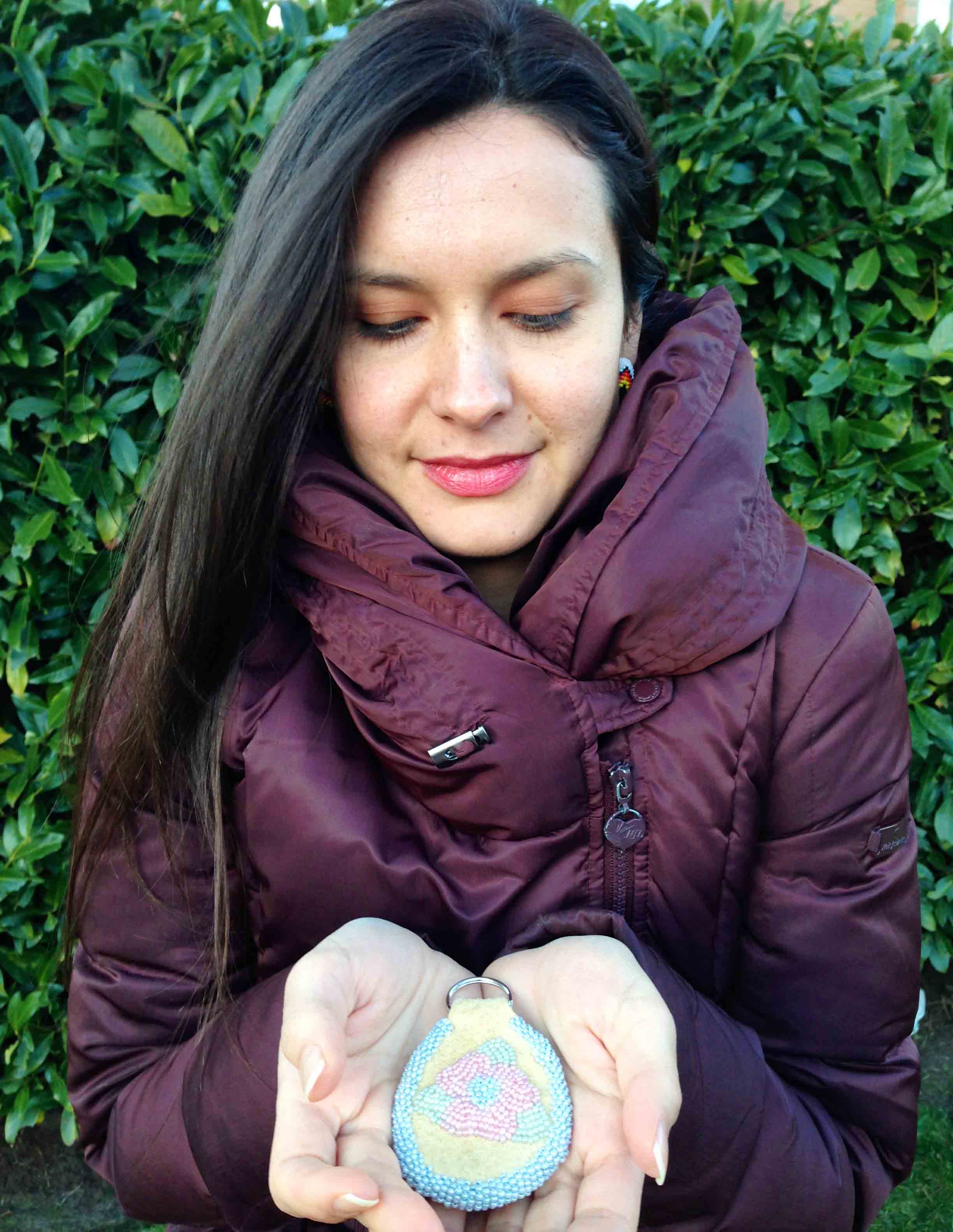




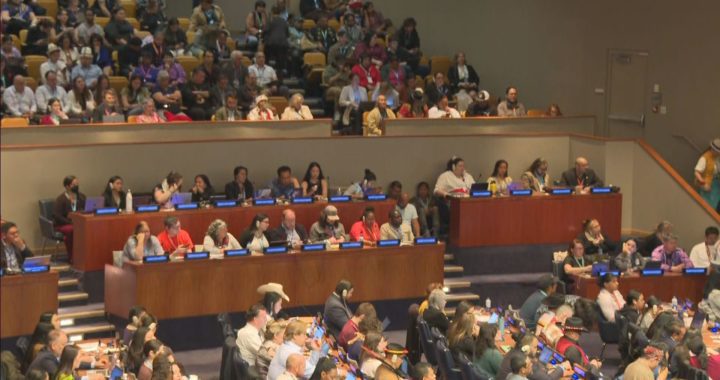
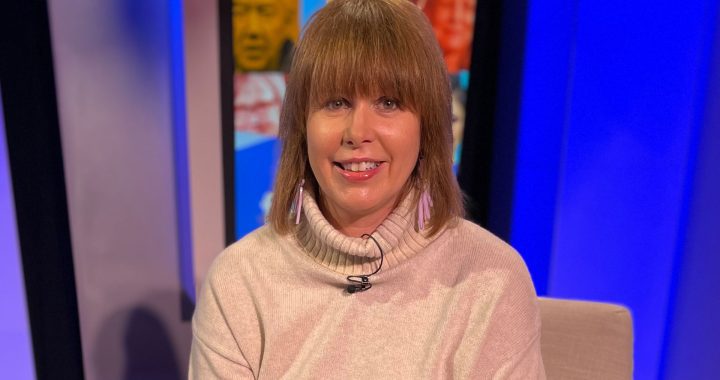
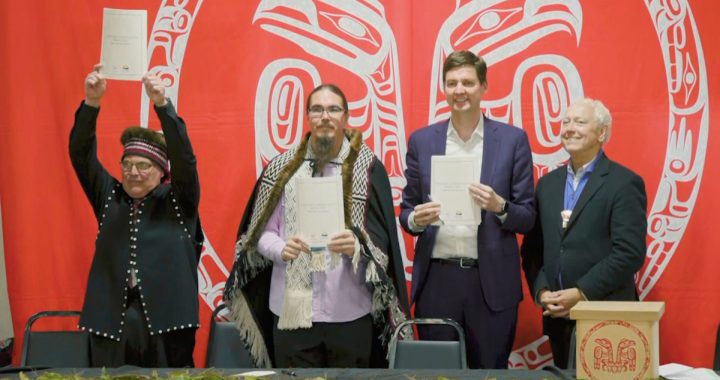
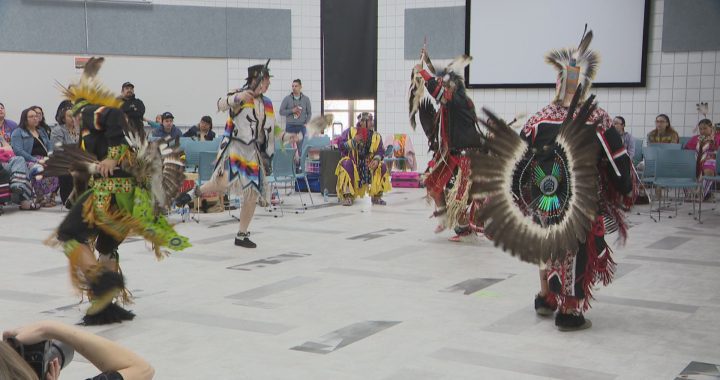
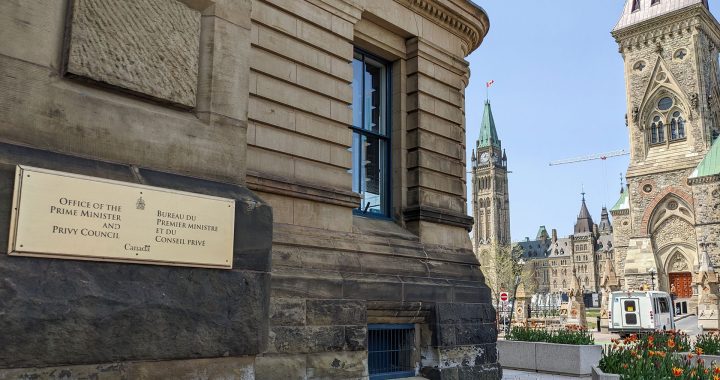
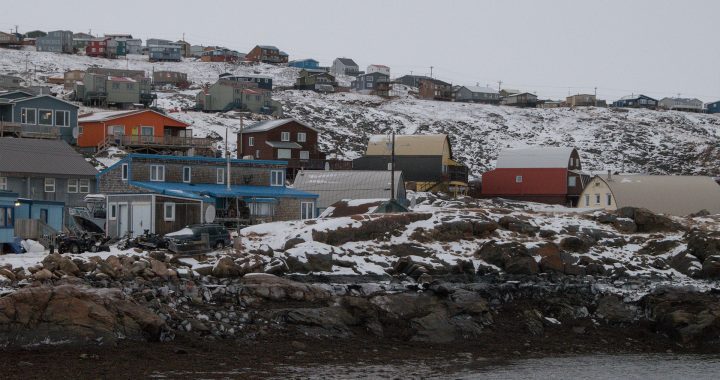
I’m sorry to say it would not. No more empty gestures are needed. Take those millions of dollars and invest them directly in changing the lives of the people who need it most: education, addiction prevention, skills training, and social enterprise. An inquiry is easier, but eventually we will have to get down to it and do the hardest work, on the ground. There are people out there doing it already. Give them what they need to do more of what they are doing.
Having lived in Northwest British Columbia for over 40 years, I have seen and heard the pain of families of indigenous people who lost the lives of loved ones to the notorious highway 16, dubbed “the highway of tears”. It is a continuing crime to families when no body is found or nobody is held accountable for such gruesome murders that remain as inactive files.
The Northwest is experiencing a job boom with the transmission line and pipeline expansion to the Northwest Coast, and, this has brought a influx of migrant workers (a majority of them are men) with plenty of money and idle hands on payday weekends. The local newspapers have articles warning women to be aware of older men in trucks trying to lure women for rides or places to party, and, the majority of these women are minority races, Indigenous women included. This type of deviant behavior will result in a woman going missing, and, this is only a matter of time.
Aboriginal men must become a part of the solution, and, be seen at organized events such as “Bring back the night”, a rally organized to be staged at dusk to shed light on the real dangers women and young girls face when they attempt to walk to corner stores or back from viewing a late movie. When a predator sees a community involved in the welfare of its women, he is more likely to keep his inhibitors in check. We as Indigenous men have lost culture core values due to the residential experience, and, we must reclaim our responsibility for the nurturing environment that our women and young girls face in the urban setting.
Much respect to you and your family, and, I pray that you will find the closure you seek.